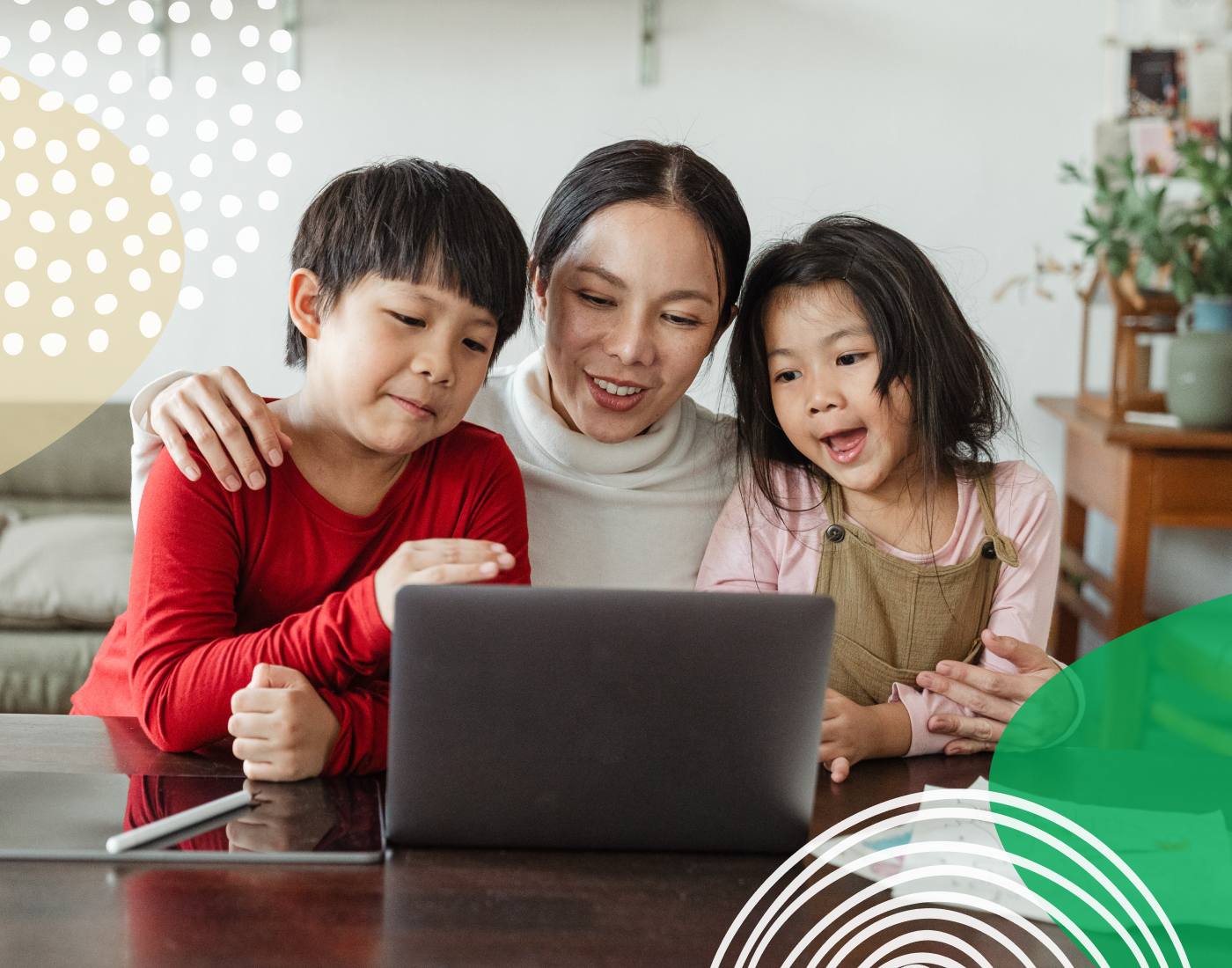May is Asian American and Pacific Islander (AAPI) Heritage Month. In 1992, Congress established May as a month-long celebration to honor the contributions, heritage, and history of the AAPI community in the United States.
As we celebrate the AAPI community and AAPI Heritage Month, we are highlighting the resources and organizations making housing and financial security more accessible for Asian Americans.
AAPI borrowers and the housing market
Many AAPI borrowers are often portrayed with similar mortgage borrower qualities as non-Hispanic White borrowers. In actuality, many AAPI subgroups are more similar to Black or Hispanic White borrowers and have less access to lower-priced credit.
The Consumer Financial Protection Bureau’s AAPI Mortgage Market Report shows that, on average, AAPI borrowers’ applications were denied for home mortgage loans 10% of the time in 2021. This is higher than that of non-Hispanic White borrowers (7%) and lower than that of Black or Hispanic White borrowers (18% and 12%, respectively). Note: All data included in this report came from the Consumer Financial Protection Bureau’s AAPI Mortgage Market Report, 2021.
When you break out AAPI borrowers into subgroups, there are some clear differences. Samoan, Guamanian, and Native Hawaiian borrowers trend much closer to the higher denial rates also seen by Black and Hispanic populations (ranging from 13-14%).
What does this mean? Though many assume that the AAPI community has little issue with homebuying and loan approvals, that is not always the case. There are many organizations that are working to help bridge this gap in financial stability and homeownership for the AAPI community. At Esusu, we want to highlight these organizations and the work they’re doing for so many.
Organizations helping the AAPI community
Asian Americans for Equality (AAFE)
AAFE is a nonprofit community development organization dedicated to racial, social, and economic justice. AAFE is based in New York, New York, and helps the community, specifically in Chinatown, with various economic development projects. They’ve provided more than 1,200 small business loans to local AAPI entrepreneurs. They also offer home loans and educational services through our Community Development Fund.
Check out their digital literacy courses for adults throughout the month of May!
East Bay Asian Local Development Corporation (EBALDC)
EBALDC is a non-profit community development organization that has been around for nearly 50 years. Their work centers on building healthy, vibrant, and safe neighborhoods in Oakland and the East Bay in Northern California. Their Healthy Neighborhoods program is a community development approach where they work to bring housing options, income and wealth, and social cohesion into the neighborhoods they support. The organization works to:
- Expand affordable rental housing options
- Expand income and wealth-building opportunities
- Increase resident and community engagement
- Support strong neighborhood partnership networks
The National Asian American Coalition (NAAC)
NAAC is a government-backed and HUD-Approved nonprofit Housing Counseling Agency providing comprehensive, affordable homeownership counseling to over 25,000 minority families in California. The organization makes sure AAPI families, qualified small businesses, and non-traditional borrowers can access capital and other financing options.
In addition to small business loans, they offer a homeownership program with down payment assistance and homebuying education.
Pacific Asian Consortium in Employment (PACE)
PACE is a community development organization that annually serves over 40,000 low-income AAPI residents of the Los Angeles area. They offer economic solutions for those who need support with employment, education, housing, and business development. The organization’s Handyworker Program provides free repairs and property improvements to low-income seniors and disabled individuals to home repairs. Their Low Income Home Energy Assistance Program helps families cover the cost of utilities when facing financial hardship.
Want to learn more?
We’re highlighting resources and organizations that help renters achieve housing and financial stability on our Instagram. Check us out at @myesusu.


